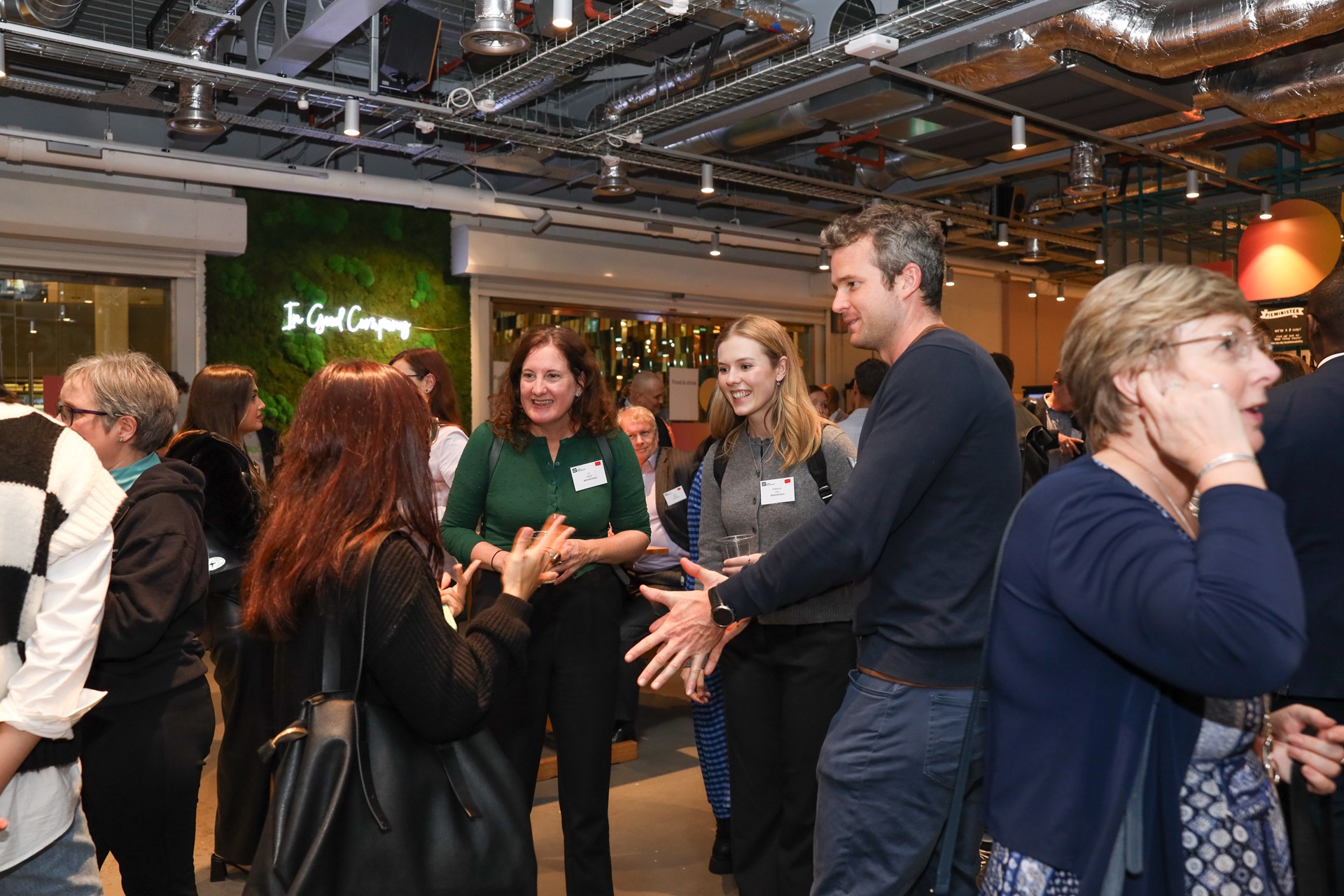Case studies for commissioners
Mental Health First Aid (MHFA) England

Mental Health First Aid (MHFA) England® is a social enterprise with a vision to improve the mental health of the nation. It will achieve this through its mission to train one in ten people in mental health knowledge, awareness and skills – the tipping point for lasting societal change.
With most adults spending a third of their lifetime at work, MHFA England focuses much of its efforts there, to change how society deals with mental health now and in the future. Its training, consultancy and campaigning is paving the way for positive mental health in the workplace and beyond.
Through its work over the last 16 years, with more than 20,000 employers of all shapes and sizes, it knows that each organisation’s culture is unique and the key to maintaining a mentally healthy workplace is understanding the people within it. In February 2024, MHFA England celebrated the phenomenal milestone of reaching a million people with its training, which equates to one in 38 of the population.
Social enterprise working with government
The government has committed to bringing more voluntary, community and social enterprise (VCSE) organisations into public sector supply chains. VCSE sector expertise means they are often uniquely placed to help create and deliver compassionate and responsive services, and government research has shown there are barriers VCSEs face in entering public sector markets.[1]
We spoke to Vicki Cockman, Head of Client and Training Delivery at MHFA England, to find out more about the social enterprise’s impact and its strong relationships with government.
How does MHFA England work with central government departments?
MHFA England works with a range of government departments including the Department for Work and Pensions (DWP), the Cabinet Office, the Department of Education, the Home Office, and the Department for Culture, Media and Sport. Our flexible training and support offer can be tailored to support each department’s unique needs.
For example, we have worked with DWP to train Instructor Members, who then train their staff. There are now more than 400 MHFAiders® at DWP. As part of our bespoke offer for the department, we also support quarterly sessions to look at the impact of MHFAiders and identify areas where further support is needed.
This works well for DWP, but each department has its own approach, depending on its needs. For example, in 2024, we began work with Ofsted on a programme to train all their inspectors in our Mental Health Awareness course. This had a positive impact on those undergoing the training, and aims to create a ripple effect through the schools inspected.
The contracting process varies between departments. The majority approach us directly, due to our proven track record, while others put out services to tender for which we apply. MHFA England is listed on the government’s procurement learning framework: a due diligence process allowing organisations to be listed as a preferred supplier.
What would you say to commissioners who are debating working with social enterprises?
There are lots of benefits to working with social enterprises. As well as meeting your own organisation’s needs, you are supporting businesses who deliver social impact to workplaces, communities and wider society.
When it comes to working with MHFA England, the impact can be huge. Improved awareness and understanding of mental health create happier and more productive workplaces. We give people the skills to spot the signs of poor mental health, the confidence to start a conversation, and the knowledge to signpost to support. This can be lifechanging and lifesaving.
We know how to work effectively in the public and private sector. When people work with us, they are not only creating social impact – they are getting a partner that meets their needs, provides market leading training and consultancy, and delivers a phenomenal service.
Are there any challenges in applying for government contracts?
We are thrilled to work with so many different government departments. It is a huge source of pride for us, as a social enterprise, to know that we are trusted delivery partner. We do brilliant work together that impacts both the workplace and wider society.
We welcome the desire from government to work more with our sector. As with any relationship, both parties need to take time to understand one another and their ways of working. To achieve this, VCSEs must be treated as an equal partner.
To increase the number of VCSEs working with government, the procurement process could be strengthened and streamlined. It can take a lot of time and resource to complete. We appreciate the need for diligence to ensure responsible spending, but it is important that the scale and time involved in the procurement process matches the business benefit of the contract.
As a social enterprise, we want our time to be focused on making the biggest impact on the mental health of the nation, not processes and administration. Although we know that government departments want to work with us, we can be asked to discount heavily, which isn’t always viable. Budgets and funding in the public sector have to considered carefully, and we want to ensure we can make the largest impact in the most cost-effective way. We have to find a viable way to achieve this together.
For more information about MHFA England and its training and consultancy, visit: mhfaengland.org
[1] https://www.gov.uk/government/publications/the-role-of-voluntary-community-and-social-enterprise-vcse-organisations-in-public-procurement/the-role-of-voluntary-community-and-social-enterprise-vcse-organisations-in-public-procurement



